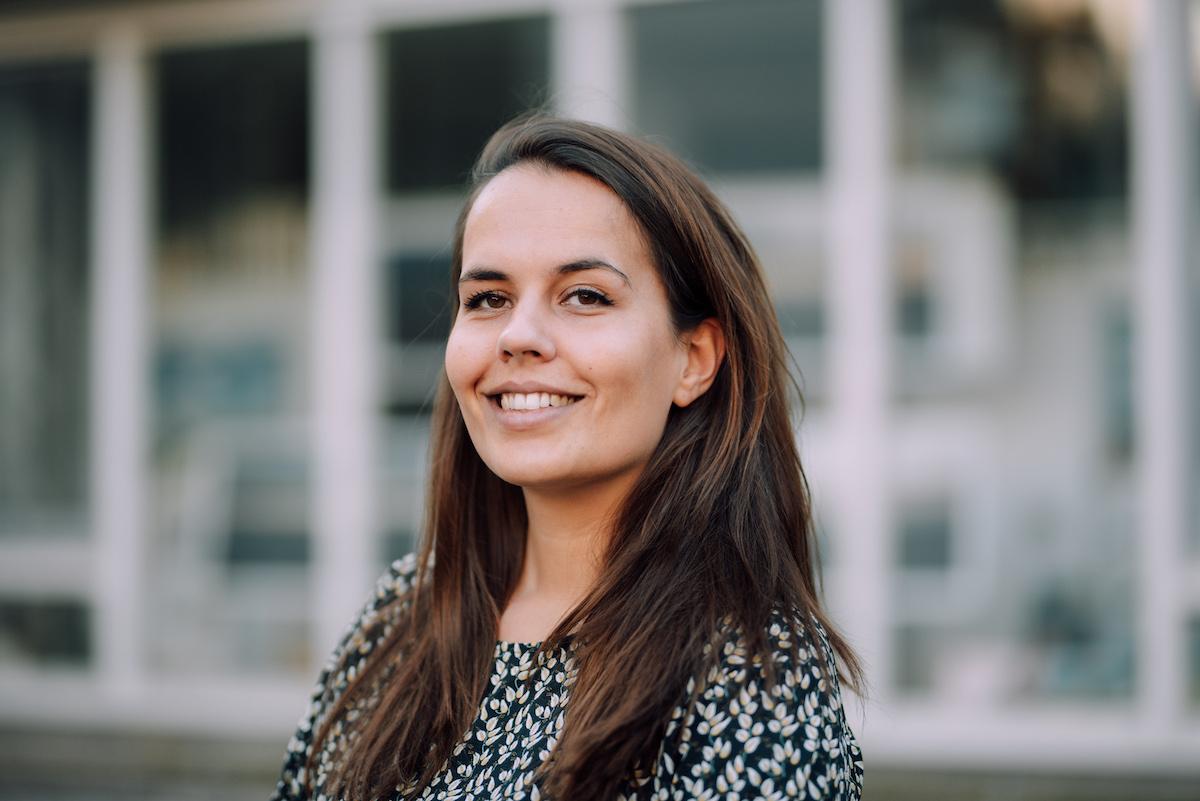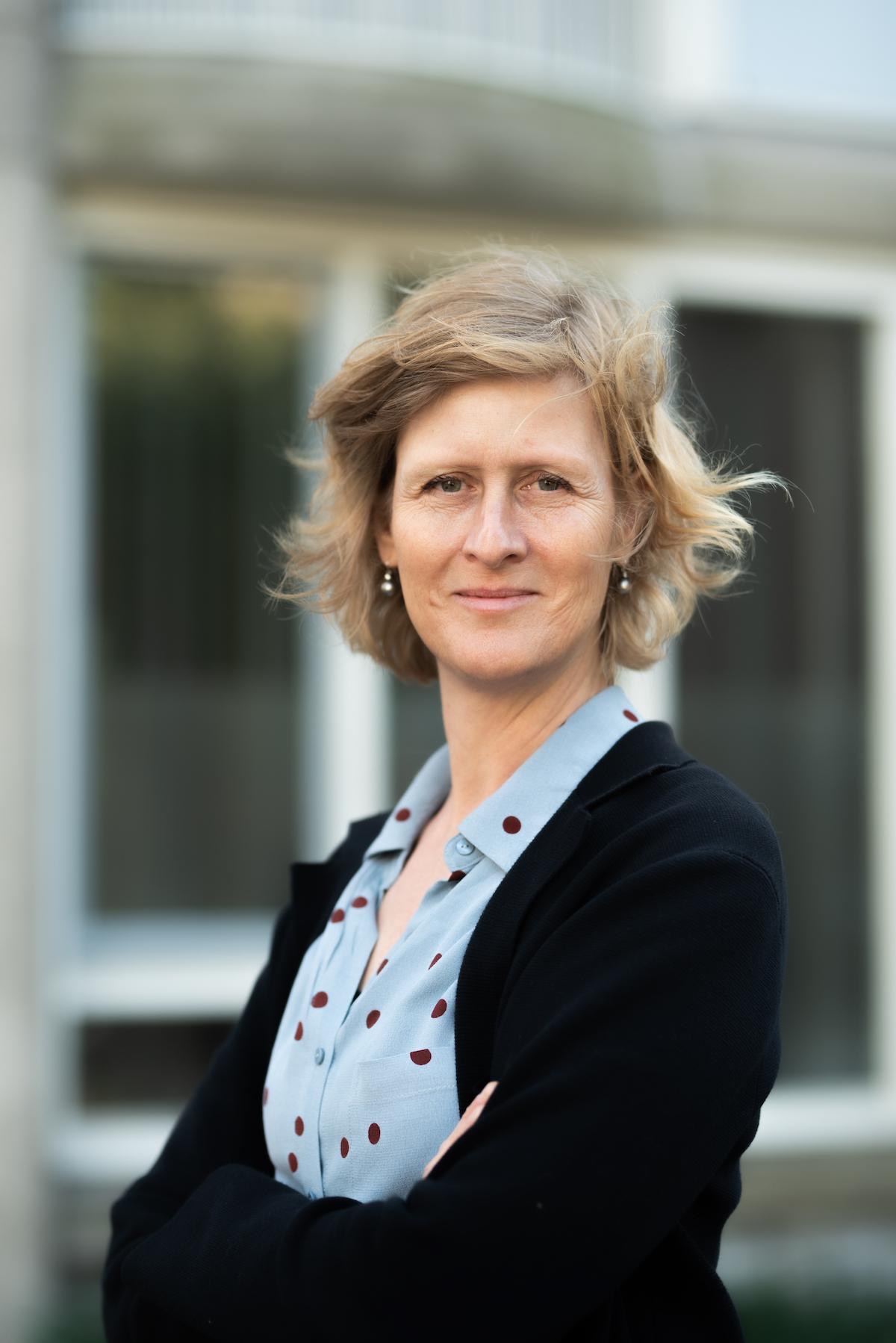
Bridging the digital divide
One of the ambitions in the Digital City Agenda drawn up by the City of Amsterdam is to combat digital inequality: In Amsterdam, about 20% of residents cannot manage digitally, 14% of lower-income Amsterdammers do not have a PC, laptop or tablet at home, and almost one in ten lower-income residents indicate that their household does not have access to the Internet. These are remarkably high numbers in an affluent city like Amsterdam.
This creates a tension with the trend that public services are increasingly digitising. This involves increasing use of technologies such as artificial intelligence (AI), with the aim of providing Amsterdammers with easier access. One of the consequences of this increasing digitalisation, is that not all people reap the benefits of using (online) government services in an equal way. Limited access to technology, little ability to use and/or lacking key digital skills are examples why Amsterdammers do not enjoy the benefits of services equally.
The distinction between Amsterdammers who are digitally proficient and those who are not is called the digital divide. In a world that continues to digitise, those who are less digitally proficient or do not have access to these services will be disadvantaged. All attention to inclusive design of digital services notwithstanding, it is repeatedly shown in both literature and practice that digital technologies do not reduce this gap, but rather widen it. In the European Union, the access gap (having access versus not having it), skills and literacy as well as indifference are identified as causes of the digital divide. But what are the underlying causes for this gap in an affluent city like Amsterdam?
Waag Futurelab investigated how and why digital inequality exists in Amsterdam. As new, digital, public services are constantly being developed, research into the causes of this digital divide is essential. With this project, we investigated why some residents do not use digital services and what options exist to bridge this gap. To this end, we explored how to improve government services, with a special focus on those with limited access to (digital) resources.

